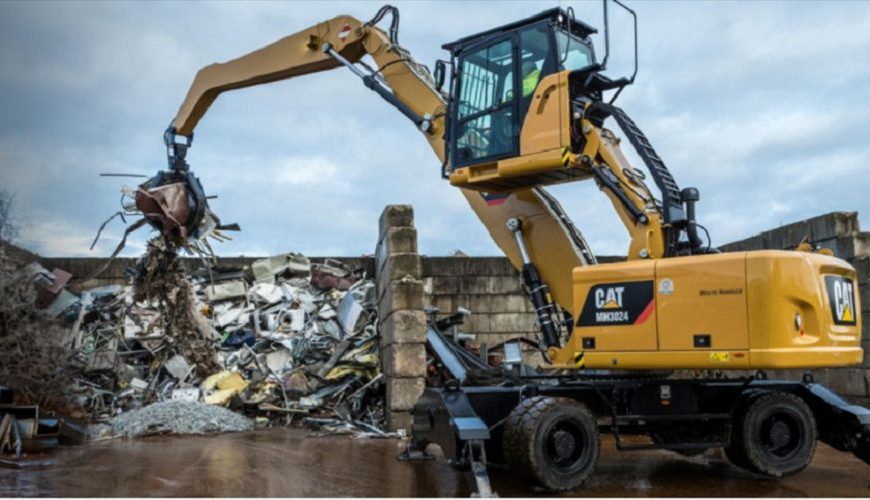Demolition equipment has an important role to play in construction, deconstruction, and site-clearing projects. These machines are capable of handling heavy-duty tasks, making them invaluable assets. Consistent use under demanding conditions can lead to wear and tear, affecting performance and safety. Proper maintenance is critical to keeping your equipment running efficiently and prolonging its lifespan. This article explores practical tips for maintaining demolition equipment to ensure peak performance on every job.
The Importance of Regular Maintenance
Demolition equipment faces intense pressure during operations, handling tasks like breaking concrete, tearing down structures, and moving debris. Without regular maintenance, these machines can suffer from reduced efficiency, unexpected breakdowns, and costly repairs. A well-maintained machine performs better and ensures the safety of operators and the surrounding environment. Proper care helps you avoid delays caused by equipment failure, keeping projects on schedule. It also reduces the long-term costs of ownership by minimizing the need for expensive repairs or premature replacements.
Essential Maintenance Tips for Demolition Equipment
Perform Daily Inspections
Before starting demolition work, inspect your equipment for visible signs of wear or damage. Check components like hydraulic hoses, tracks, attachments, and pivot points for cracks, leaks, or loose parts. Identifying issues early prevents minor problems from escalating into major repairs.
Clean the Equipment Regularly
Demolition work often exposes equipment to dirt, dust, and debris, which can accumulate and hinder performance. Clean your machines regularly, focusing on filters, radiators, and undercarriages. Removing debris prevents blockages and reduces the risk of overheating.
Monitor Hydraulic Systems
Hydraulics are the lifeblood of most demolition equipment, powering attachments like breakers and shears. Regularly check hydraulic fluid levels and inspect for leaks. Replace worn seals or damaged hoses promptly to maintain consistent performance.
Lubricate Moving Parts
Lubrication is crucial for reducing friction and wear on moving parts. Apply grease to pivot points, pins, and bushings as recommended by the manufacturer. Consistent lubrication ensures smooth operation and prevents premature wear.
Scheduling Preventive Maintenance
Preventive maintenance involves performing scheduled inspections and servicing tasks to keep equipment in top condition. Create a maintenance calendar based on manufacturer recommendations, including tasks like oil changes, filter replacements, and detailed inspections. Engage qualified technicians to perform in-depth maintenance tasks. Their expertise ensures that all aspects of your demolition equipment are thoroughly checked and serviced.
Benefits of Proper Maintenance
Investing time and resources in maintaining demolition equipment yields long-term benefits. Machines that are well cared for perform more efficiently, reducing fuel consumption and operating costs. Proper maintenance also extends the lifespan of your equipment, maximizing your return on investment. Additionally, reliable equipment minimizes downtime, ensuring projects stay on schedule. Clients appreciate timely work, and your reputation as a dependable contractor grows.
Conclusion
Proper maintenance is essential for ensuring your demolition equipment operates at peak performance. By conducting regular inspections, cleaning thoroughly, and addressing wear promptly, you can avoid costly breakdowns and extend the life of your machines. Pay attention to attachments, follow a preventive maintenance schedule, and prioritize safety to keep your equipment running smoothly. With the right care, your demolition equipment will continue to deliver reliable performance, helping you complete projects efficiently and on time.









